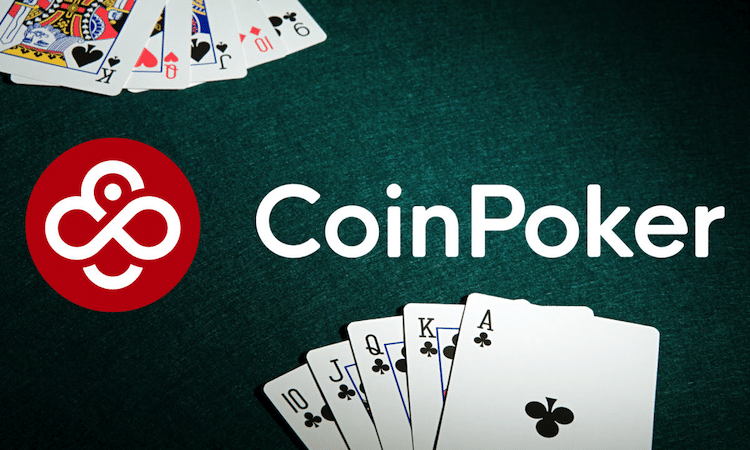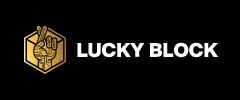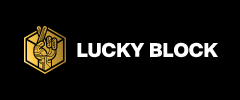Ireland is taking significant steps to combat problem gambling, with its gambling regulator teaming up with top financial institutions to introduce a voluntary block on credit and debit card transactions linked to gambling. This initiative aims to mitigate gambling-related harm, reflecting Ireland’s growing commitment to enhancing consumer protections and addressing the social issues associated with excessive gambling.
Banking Institutions Lead the Way in Consumer Protection
Several major banks in Ireland have already implemented voluntary block features for gambling transactions. Among the leaders are AIB and EBS, which offer customers the ability to restrict gambling-related expenses. Additionally, Revolut, a popular digital banking platform, provides similar options for its users. These features empower individuals to take control of their gambling expenditures, promoting healthier financial habits.
Anne-Marie Caulfield, the chief executive of the Gambling Regulatory Authority of Ireland (GRAI), emphasized the importance of these measures in creating a more balanced and fair gambling environment. Highlighting the stark realities of gambling harm, she referenced ESRI research, which indicates that individuals struggling with gambling issues typically spend €1,000 per month on gambling-related activities.
Expanding the Initiative Across Irish Banks
The push to expand voluntary gambling blocks is gaining momentum. The GRAI is collaborating with the Banking and Payments Federation of Ireland to encourage adoption across all major Irish banks. Broader implementation could provide gamblers with multiple tools to manage their spending and limit gambling-related financial harm. This collaboration is part of a nationwide strategy to ensure that individuals can access resources to control compulsive gambling behavior.
Ireland’s Gambling Laws
In October 2024, Ireland enacted the Gambling Regulation Act, marking a significant overhaul of its gambling laws. This legislation established the Gambling Regulatory Authority of Ireland (GRAI), an independent body responsible for licensing and regulating all gambling activities, both in-person and online. The Act introduces measures to protect consumers, including the creation of a National Gambling Exclusion Register and restrictions on advertising and sponsorship, particularly to shield minors from exposure. Additionally, it mandates the establishment of a Social Impact Fund to support individuals affected by gambling addiction.
In contrast, the United Kingdom’s gambling industry is regulated by the UK Gambling Commission, established under the Gambling Act 2005. This body oversees all forms of gambling, ensuring operators comply with licensing requirements and prioritizing consumer protection. The UK’s regulatory framework is well-defined, with clear guidelines for both operators and players. Notably, the UK has implemented a self-exclusion scheme known as GamStop, allowing individuals to voluntarily exclude themselves from all UK-licensed gambling platforms for a specified period.
While both Ireland and the UK have established regulatory authorities to oversee gambling activities, the UK’s framework has been in place longer, providing a more mature system with established consumer protection measures. Ireland’s recent legislative changes aim to modernize its approach, introducing comprehensive regulations to address contemporary challenges in the gambling sector. As these new laws come into effect, Ireland’s regulatory landscape is expected to align more closely with that of its neighboring countries, enhancing consumer protection and ensuring fair play within the industry.
Legislative Support for Responsible Gambling
This financial initiative aligns with recent legislative advancements, particularly the Gambling Regulation Bill 2022, championed by Junior Justice Minister James Browne. The bill introduces sweeping reforms to Ireland’s gambling regulations, including tighter advertising rules, a national self-exclusion register, and the establishment of a social fund aimed at supporting problem gambling programs.
The planned self-exclusion register will complement the voluntary block features offered by banks, creating a multi-layered defense against gambling harm. Licensed operators who fail to comply with the register’s guidelines face severe penalties, including hefty fines and potential prison sentences. This legal framework underscores the Irish government’s commitment to fostering a safer gambling environment.
Raising Awareness and Supporting At-Risk Groups
Efforts to modernize Ireland’s gambling sector extend beyond financial controls and legislation. The GRAI is actively working with HSE Addiction Services to improve public awareness of gambling harm. A campaign is set to educate parents about the risks associated with youth gambling, highlighting its potential long-term consequences. Furthermore, a pilot program is in development to create gambling-specific treatments, addressing a gap in the country’s mental health services.
Significant Budget Allocations for Gambling Regulation
The Irish government has demonstrated its dedication to responsible gambling by allocating €9.1 million ($9.46 million) to the GRAI as part of the 2025 Budget. This funding will bolster the regulator’s ability to implement innovative solutions and strengthen consumer protections. Ireland’s approach mirrors similar initiatives in the United Kingdom, where partnerships and modern tools are employed to reduce gambling-related harm.
Trends in Irish Gambling
The Irish gambling market has experienced significant growth in recent years, with projections indicating that the online gambling sector will reach approximately $1.24 billion by the end of 2024.
This expansion is expected to continue at a compound annual growth rate (CAGR) of 2.46%, culminating in an estimated market volume of $1.40 billion by 2029.
This upward trajectory is driven by technological advancements, increased internet penetration, and a growing preference for online betting platforms among consumers.
Several major operators dominate Ireland’s gambling landscape, contributing to its dynamic market environment. Flutter Entertainment, headquartered in Dublin, stands out as a leading player, owning prominent brands such as Paddy Power, Betfair, and PokerStars.
Additionally, the market features other significant entities like BoyleSports and international operators such as bet365 and Betway, which have established substantial presences in the Irish market. These companies offer a wide array of betting options, including sports betting, online casinos, and poker, catering to the diverse preferences of Irish consumers.
A Holistic Approach to Gambling Reform
The introduction of voluntary gambling blocks is part of Ireland’s broader strategy to create a sustainable and responsible gambling environment. By combining financial tools, legislative measures, public awareness campaigns, and treatment programs, Ireland is paving the way for a comprehensive response to the challenges posed by problem gambling.
As Ireland moves forward, these efforts will contribute to a more equitable gambling sector while offering hope and resources to those affected by gambling addiction.


